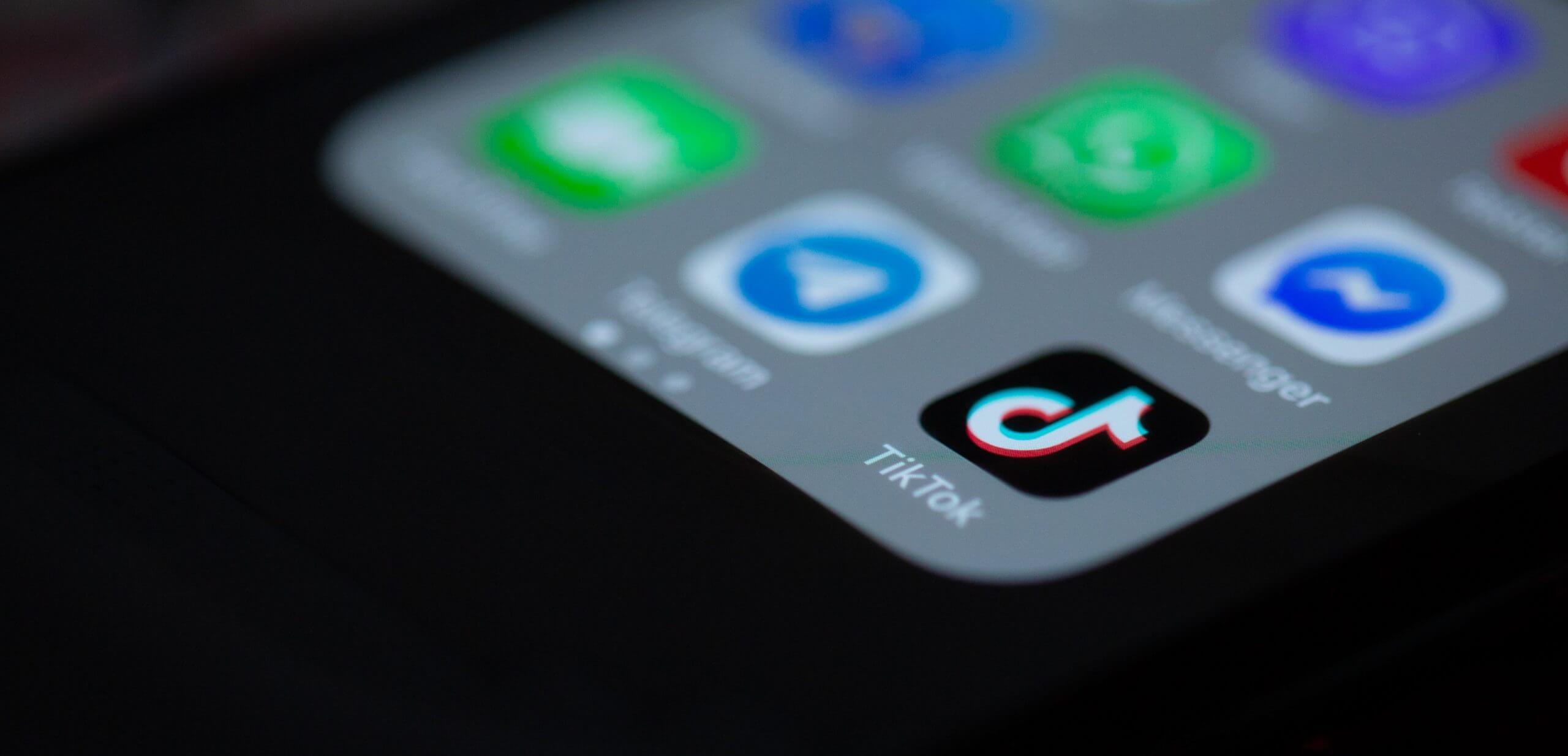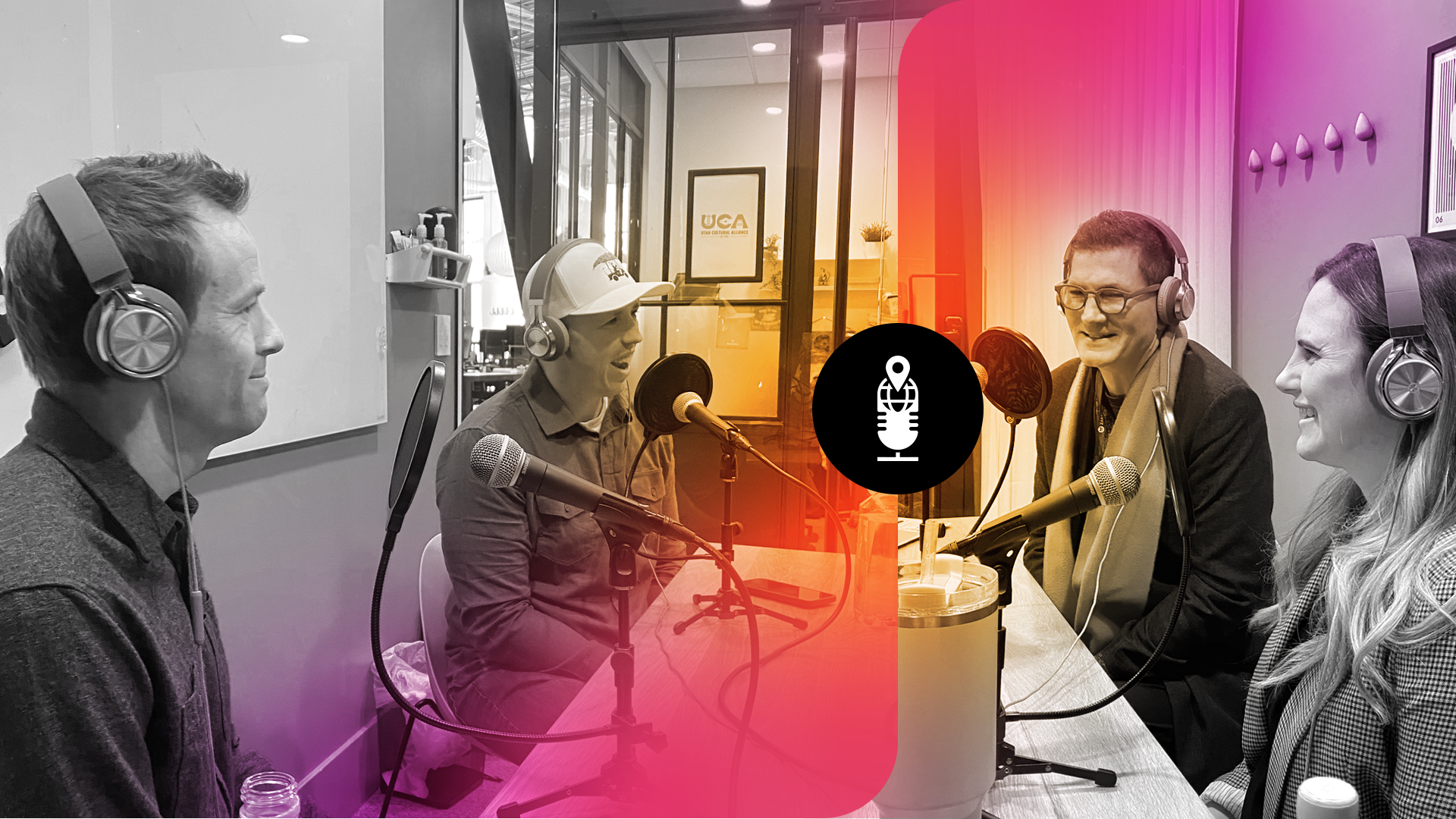Things are shaking up in the Facebook advertising world. The only thing we can count on in the digital marketing industry is that things are always changing, and a good marketer always adapts!
Adjusting to this new iOS 14 update shouldn’t scare you, as long as you’re prepared and understand how it works. We are here to walk you through exactly what’s happening, how it affects you and your clients in the tourism industry, what to do about it, and what changes to expect in future reporting.
APPLE’S IOS 14 PRIVACY UPDATE
In accordance with their user privacy and data use policy, Apple announced that their new update for all Apple phones, iOS 14, will require all apps in the App Store (including Facebook’s) to show a prompt to the user that reads along the lines of, “Allow [Facebook] to track your activity across other companies’ apps and websites?” Users have an option to allow it or ask the app not to track their activity. In a world where users are becoming more and more concerned about their online privacy, there will likely be a large influx of users opting out of tracking. This affects Facebook advertisers in a big way, especially destinations that optimize, target, and report on web conversion events through Facebook ads.
FACEBOOK’S RESPONSE
This was Facebook’s response to Apple’s privacy protection update: “We disagree with Apple’s approach and solution, yet we have no choice but to show Apple’s prompt. If we don’t, they will block Facebook from the App Store which would only further harm the businesses and users that rely on our services. We cannot take this risk on behalf of the millions of businesses who use our platform to grow.”
WHAT DOES THIS MEAN FOR ADVERTISERS?
For Facebook advertising, ad personalization and performance reporting that utilize the Facebook pixel will be limited for both app and web conversion events like brochure downloads, hotel bookings, online purchases, etc. In response, Facebook has developed a number of changes to the advertising platform. These changes may be introduced at different times, depending on the timeline when Apple implements their updates. Unfortunately, we advertisers should expect these changes to limit (not eradicate) our ability to:
- Effectively deliver ads to people based on their engagement with the destination
- Measure and report on conversions from certain visitors
- Ensure ads are delivered to the most relevant audiences at the right frequency
- Accurately attribute app installs to people using iOS 14 and later
- Predict and optimize cost per action over time and efficiently allocate budgets
ADVERTISERS: WHAT WE NEED TO DO NOW?
Although these changes are dramatic, all is not lost. Facebook has created several action items and workflows to aid advertisers in adapting to the iOS update and keep marketing efforts alive.
AGGREGATED EVENT MEASUREMENT
Facebook’s Aggregated Event Measurement is a protocol that allows for measurement of web events from iOS 14 users. If you want to continue measuring conversions for both app and web events in your campaigns:
- App: Update to Facebook’s SDK for iOS 14 version 8.1 (you can only create nine different campaigns specific to iOS 14 users)
- Web: Verify your website’s domain (ad sets that are using a pixel conversion event and don’t have a verified domain will be permanently turned off)
Aggregated Event Measurement limits each verified domain to only eight conversion events available for campaign optimization.
- You need to configure your eight preferred web conversions per domain in Events Manager. All others will go inactive.
ATTRIBUTION WINDOWS UP TO 28 DAYS ARE NO LONGER AVAILABLE AND WILL ONLY BE AVAILABLE FOR UP TO SEVEN DAYS
Be aware that the attribution window default has changed to a seven-day click and one-day view, which may affect your data. You can also change it to one-day click, seven-day click, and one-day click, and one-day view.
WHAT DO MY DESTINATION CLIENTS NEED TO KNOW?
Reports on social media advertising are likely to look a little different than they used to in the near future, especially due to these limitations on data collection and framing. Here’s what to expect:
1. CONVERSIONS MAY APPEAR TO DECREASE
Originally, advertisers could attribute conversions within 28 days of a user interacting with the ad. Now, we are limited to a window of only seven days. Due to the smaller frame of capturing data, it could appear that conversions are happening less often, but it shouldn’t be an indicator that the campaign is performing less optimally.
2. THE NUMBER OF DIFFERENT CONVERSION EVENTS WE CAN TRACK IS LIMITED
We are now limited to tracking eight different conversion events for each domain. Any more than that will automatically turn off.
3. UPDATES TO CONVERSION EVENT SETUPS WILL TAKE LONGER
Any updates to conversion events in Events Manager will pause the event and take 72 hours until the update is complete. The event must be manually turned back on once the update is complete.
4. DATA WILL NO LONGER BE REAL-TIME
Real-time reporting will no longer be supported, and data could be delayed up to three days. This will likely change digital marketing strategies and budget pacing to accommodate this delay.
CONVERSIONS CANNOT BE BROKEN DOWN BY DIMENSIONS
In reporting, breaking down ad delivery and conversions by dimensions such as age, gender, region, and placement will no longer be supported.
CUSTOM AUDIENCE SIZES MAY DECREASE
As more people on iOS 14 devices opt-out of tracking, the size of custom and retargeting audiences such as current app users or website visitors may decrease.
Read Facebook’s official update for more detailed information on how the release of iOS 14 will affect ads.





